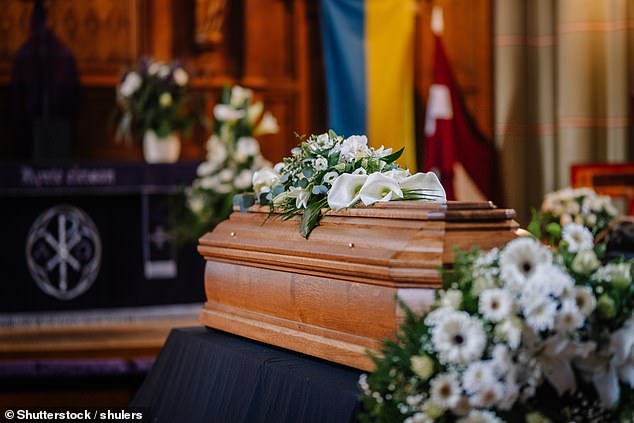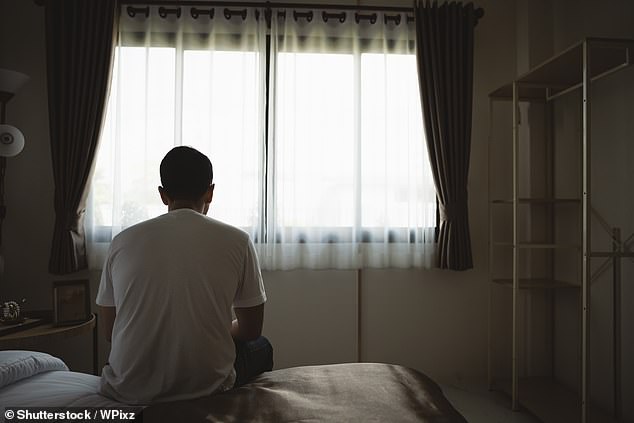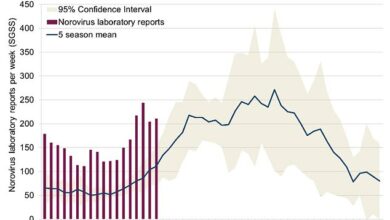How Losing a Loved One Can Make You Age Much Faster, Scientists Say





If you’ve lost a loved one, you know how devastating it can be.
Scientists have discovered that grief has such a powerful effect on us that it can accelerate the aging process.
The researchers found that study participants who had lost a loved one had a higher “biological age” than participants who had not lost anyone.
They found that the effects of loss can be more severe in childhood or early adulthood.
But loss at any age could pose health risks, and repeated loss can increase the risk of heart disease, premature death and dementia.

Now scientists have discovered that grief has such a strong effect on us that it can accelerate the aging process (stock image)

Those of us who have lost a loved one know how devastating it can feel (stock image)
Biological aging, as opposed to chronological aging, refers to the deterioration in the functioning of tissues and cells in the body.
It is assessed based on the degree of DNA methylation, a type of chemical modification of DNA.
The researchers used data from the US National Longitudinal Study of Adolescent to Adult Health, which started in 1994 and has now followed 20,000 people.
Lead researcher Allison Aiello of Columbia University in New York City said: ‘Our research shows a strong link between losing loved ones, from childhood through adulthood, and faster biological aging in the US.’

The effects of loss may be more severe in childhood or early adulthood, they found (stock image)

But losing at any age could pose health risks – and repeated losses can increase the risk of heart disease, premature death and dementia (stock image)
She said scientists don’t yet fully understand why loss harms health, but that biological aging “could be one mechanism.”
Professor Aiello, whose research was published in JAMA Network Open, said it is “vital” to provide resources for people dealing with loss.




